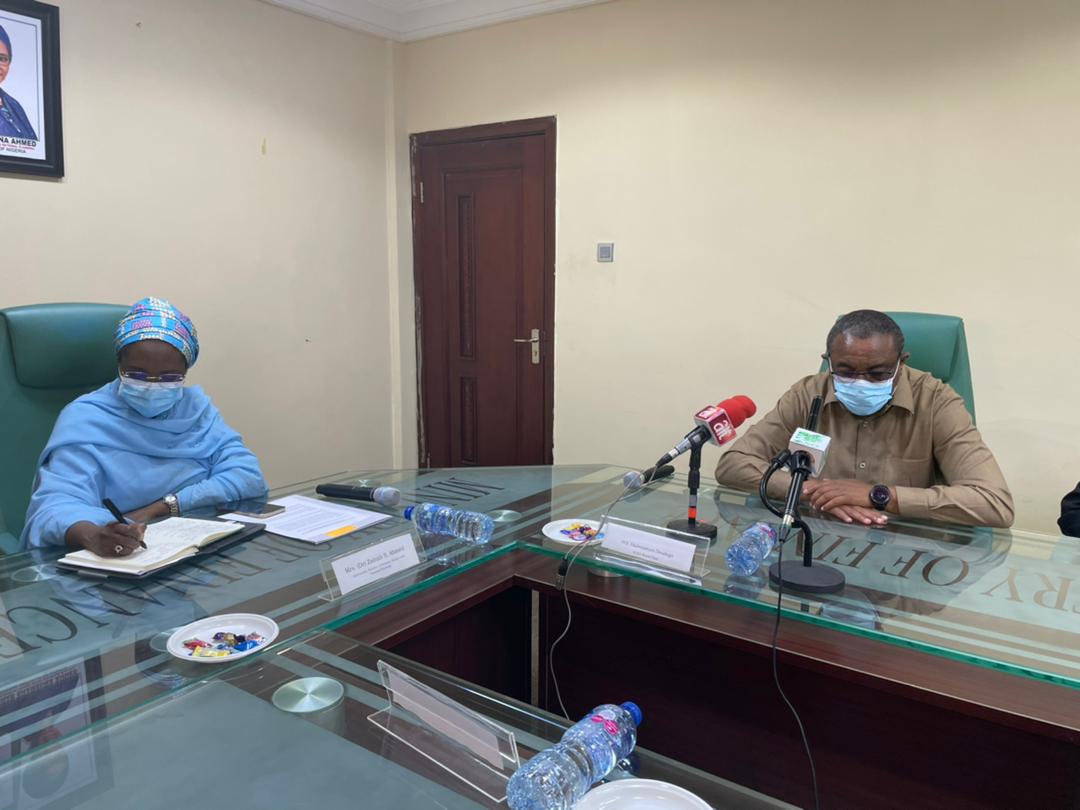
Women farmers seek security for improved food production
Former Ethiopian Prime Minister and Board Chairman of the Alliance for a Green Revolution in Africa (AGRA), Hailemariam Dessalegn, has argued that the continent’s agricultural transformation is impossible without Nigeria.
He observed that one-fifth of the entire African population resides in Nigeria that also boasts as the largest economy on the continent.
Dessalegn, who is on a week-long visit to the most populous nation, spoke during a courtesy call on the Minister of Finance, Budget and National Planning, Zainab Ahmed, in Abuja.
The Ethiopian said after a painstaking study of the scheme of things in the country, Nigeria’s rapid transformation lies on agriculture, urging the current administration to prioritise the sector.
“To have a systemic and structural change in our economy, we need to change and transform agriculture,” he stated.
The ex-PM regretted that Nigeria that was renowned for livestock had receded, stressing the need for the nation to retake his pivotal position as a vibrant player in the industry.
He hinted of AGRA’s plan to expand its current reach of about 11 African nations during the next strategic period covering 2022 to 2030.
In his remarks, AGRA Nigeria Country Manager, Dr. Kehinde Makinde, said under the concluding Country Strategy Framework that began in 2017, the organisation has been able to reach 1.5 million smallholder farmers in Niger and Kaduna states.
He explained that their focus was to raise productivity in three staple crops – maize, soyabean and rice – besides linking growers to market and ensuring climate change resilience.
The country manager pointed out that AGRA has been encouraging gender and private sector participation in the sector.
Also speaking, the minister maintained that although the country had made appreciable progress in maize and rice production, there were still more miles to cover to attain food security.
She harped on the need for the country to improve its local processing capacity, provide farmers with improved seeds and train them on best farming practices to increase yield per hectare.
While acknowledging AGRA’s efforts at increasing productivity and reducing post-harvest losses, Ahmed argued that there was still much wastage in the system, hence the urgency to open up rural roads for farmers to easily access market for their produce.
IN a related development, the Smallholder Women Farmers of Nigeria (SWOFON) has charged the Federal Government to provide security for their safe return to farming.
Its President, Mary Ishaya, lamented that the prevailing insecurity in the land has shot up the prices of foodstuffs in the last few months, even as she stated that government’s interventions in the sector had not paid off.
Ishaya, who made the appeal at a stakeholders’ parley on National Gender Policy in Abuja, listed their other problems to include lack of access to and control of lands, as well as paucity of farm inputs and loans.



